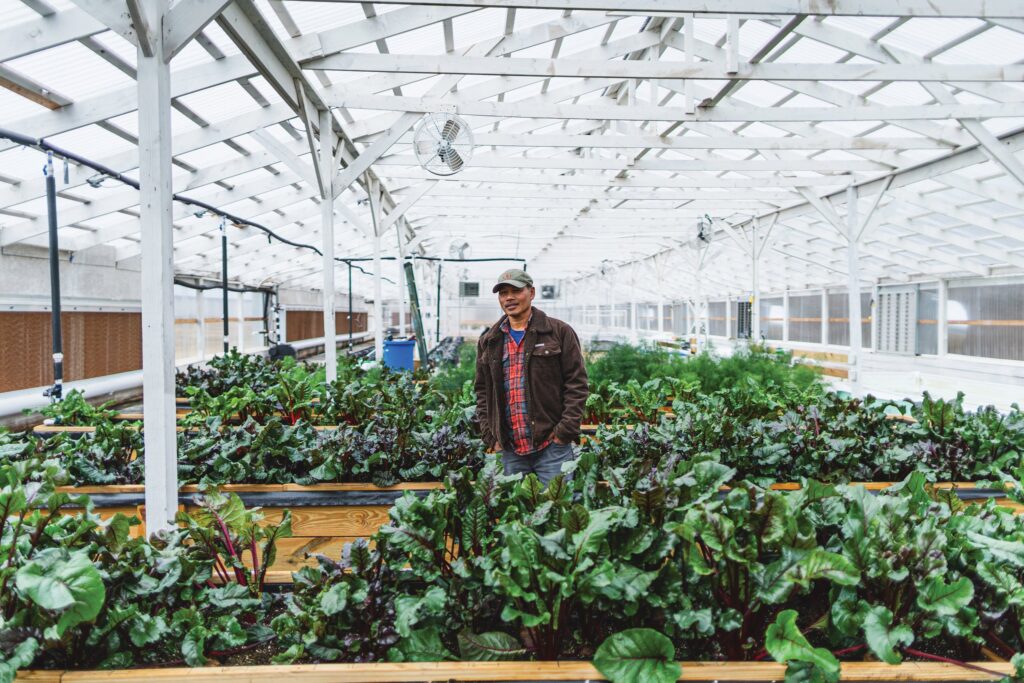MFA Director Moni Basu Reports on a Southern Farmer’s Search for a Better Way
MFA Director Moni Basu Reports on a Southern Farmer’s Search for a Better Way

“On my drive east from suburban Charlotte, the cacophony of strip malls and traffic faded to an undulating, lush landscape that sometimes melded with the murky skies ahead. I was traveling to the Carolina Piedmont, to Anson County, through which the Great Pee Dee River snakes its way from the Appalachians to the Atlantic. To Tom Lim’s farm, not far from the river’s banks…What has been steady here through the decades is livestock farming: cows, pigs, and chickens.”
– Moni Basu, Transfarmation
In her article for The Bitter Southerner, UGA professor and journalist Moni Basu takes readers deep into the Carolina Piedmont, where the landscape is lush, and the future of farming is uncertain.
Basu, who is the director of the low-residency MFA in Narrative Nonfiction from Grady College, tells the story of Tom Lim, a former contract poultry farmer navigating his way out of industrial agriculture and into something new. Her feature, Transfarmation, follows Lim’s journey from raising 100,000 broiler chickens in dark, crowded barns to building a state-of-the-art greenhouse—and a future he hopes will be more humane, sustainable, and self-directed.
“I just know there is a better way of building a food system,” Lim tells her.
For Basu, it’s personal too. She reflects on her own evolving relationship with meat and the dissonance between our food systems and our values. Her reporting blends deep research, on-the-ground narrative, and striking detail: the kind of immersive nonfiction she helps students develop in the MFA program at UGA.
The online low-residency MFA in Narrative Nonfiction program offers students an unparalleled opportunity to develop narrative journalism skills that will equip them for long and varied careers. The program features a committed and diverse roster of accomplished authors, literary agents, and other industry professionals who work closely with students to inspire and support each writer’s emerging craft and voice. The online low-residency format also perfectly simulates the life of the writer — offering two things that every successful writer needs: a strong, supportive community as well as the freedom and solitude to write.
